Oil and Gas Sponsorships in Major League Sports
A survey of sponsorships across six major league sports leagues in the U.S. reveals more than 60 deals with high-polluting companies.
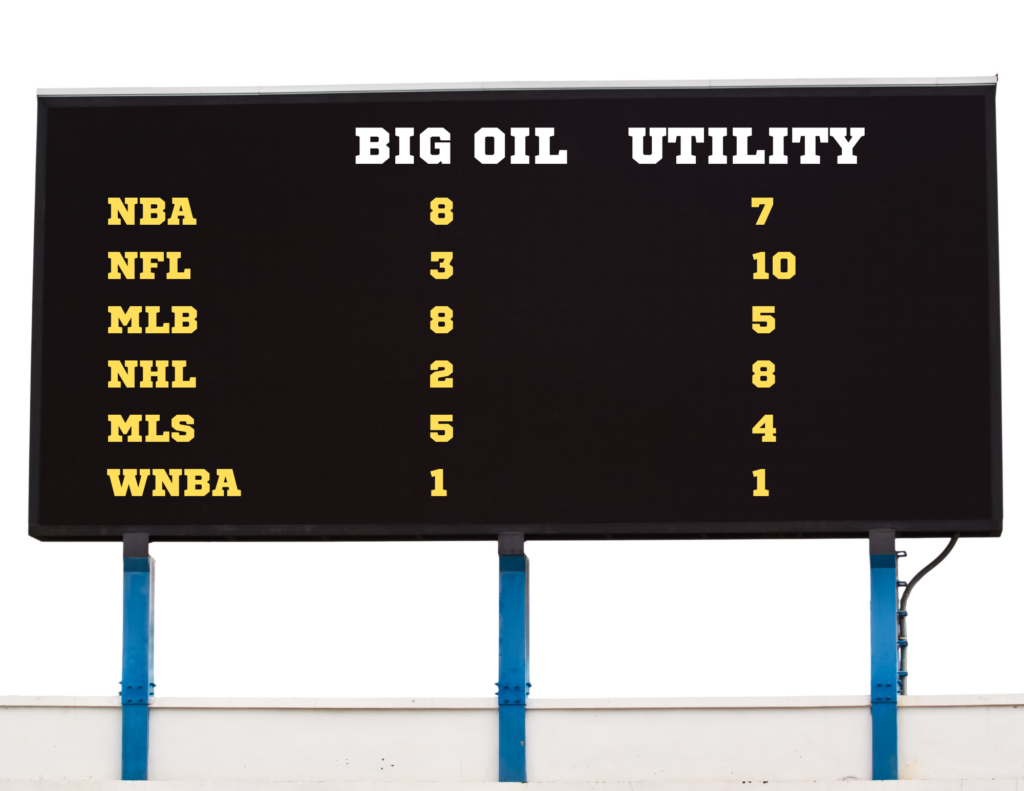
If California Attorney General Rob Bonta attends a home game to cheer on his local NBA team—the Sacramento Kings—he may encounter sponsorship ads promoting not one but two of the oil companies he’s suing for allegedly deceiving the public about climate change.
Then again, Attorney General Bonta, a former soccer player and self-described soccer dad, might be more likely to attend a Los Angeles Football Club game at BMO Stadium while working in L.A. There too, he’ll encounter a corporate sponsor that he and the state of California allege have created a public nuisance that is “truly staggering.” And if Bonta were to take in a baseball game in San Francisco, Oakland, or L.A.—same issue.
America’s favorite pastimes have a Big Oil problem and California is particularly well represented thanks to partnerships between our hometown teams and Chevron, Arco, and Phillips 66, among others.
That’s one of the takeaways from my survey titled “Foul Ball: How oil and gas sponsorships pollute major league sports.” It’s a review of 2024 sponsorships across six major league sports leagues in the U.S. We found at least 61 sponsorship deals with high-polluting companies. That includes 26 sponsorship deals with Big Oil companies as well as 35 deals with lesser-known utility companies that generate electricity predominantly from fossil fuel-burning power plants and sell fossil gas directly to consumers.
So what? For one thing, UN Secretary-General António Guterres recently called on all countries to ban advertising by fossil fuel companies. He didn’t single out sports teams, but he could have. According to a new global study by the New Weather Institute, oil and gas “sportswashing” is a $5.6 billion industry. Many of these sponsorships involve helping underserved kids with science, math, and athletics. That kind of brand exposure—inside and outside the stadium—means that fans associate these fossil fuel companies with the thrill of watching their team win or with the positive benefits of community building — not climate disasters. They look like community heroes, not climate villains. This as California and many other states have active litigation against the oil majors, and as policymakers are confronting how to transition away from fossil fuels. As my UCLA Emmett Institute colleague Cara Horowitz wrote back in June, the 76 logo is the most prominent brand in Dodgers stadium. So, it’s no secret that major league sports teams in the U.S. have sponsorship deals with some of the companies most responsible for the polluting products fueling climate change. But how many?
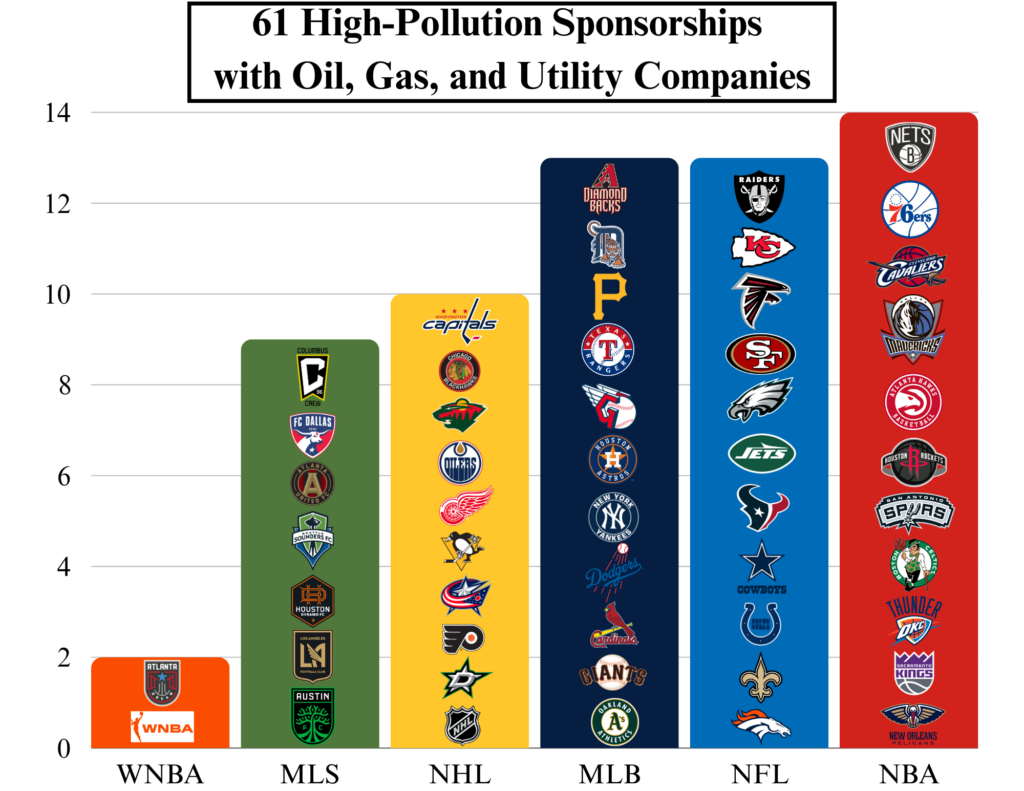
With the help of UCLA Emmett Institute student researchers, I surveyed reported deals within the NFL, MLB, MLS, NHL, NBA, and WNBA using 2023-2024 and 2024-2025 Commercial Guides published by SportsPro Media, a sports media and events firm that tracks industry deals.
Leading the pack was Chevron, with 9 deals across baseball, basketball, football and soccer. Fitting since Chevron in many ways is also leading the charge against climate lawsuits in state courts. What was perhaps more surprising was the 35 sponsorship deals with utility companies. We included those that generate electricity predominantly from fossil fuel-burning power plants, and those that sell fossil gas directly to consumers. Some of these companies have opposed climate policies while trumpeting their involvement in reducing the carbon footprint of individual sports teams.
While this tally is a good starting point for understanding oil and gas sponsorships in American sports, some partnerships are almost certainly not captured by these guides.
A perfect example: Only after completing this survey did another sponsorship deal come to my attention. Exxon Mobil is the official motor fuel partner of the WNBA (a deal included in the survey) but also the official fuel partner of the NBA (which did not show up in the deal tracker we used so was not included). Think of it as a buzzer beater by the NBA to tie Major League Baseball for most Big Oil deals. Nailbiter!
What’s more, many of these teams have ambitious, laudable sustainability plans that run counter to promoting oil and gas. While this survey touches on the sustainability features of some arenas, this is not a comprehensive review of those pledges. Future reports could focus on how these sports organizations can improve on sustainability measures in the critical years ahead and even partner more with clean energy companies as Big Oil falls away.
It’s worth noting that not every team partners with oil and gas companies. Far from it. And this survey highlights some teams that have chosen a different path. As the World Cup and the Olympics come to the U.S., it will be interesting to see if the 2025-2026 season brings any fewer Big Oil sponsorships.
Special thanks to UCLA Emmett Institute student researchers Danielle Anz, Emily Camarena, and Malia Garcia for their help on this project.




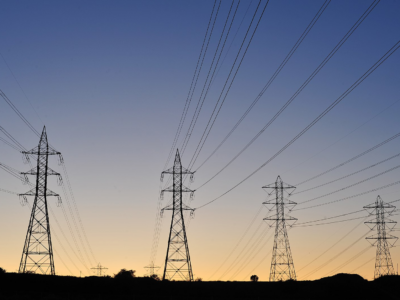
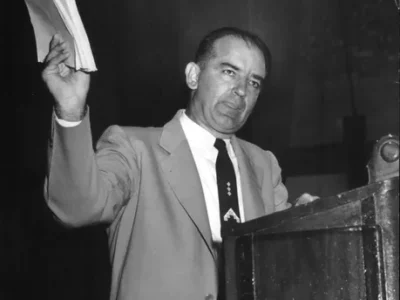
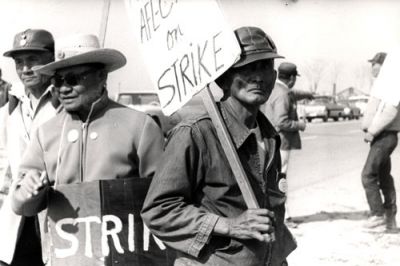
Reader Comments